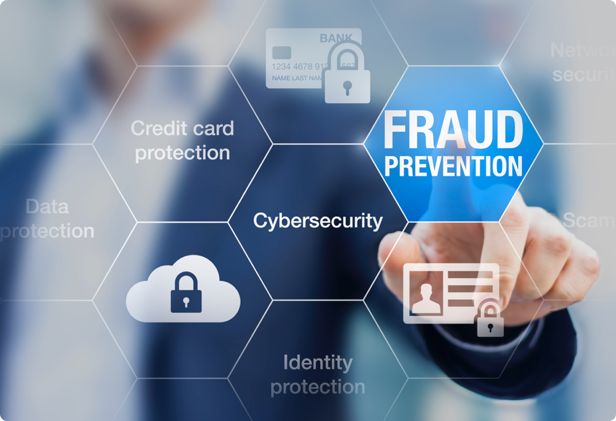As a new board member in the business, how do you make an impact and contribution so that your value is more beneficial to the company you are working in?
To understand the impact you make on the Board, it is important to know who is a board member, what exactly is the role of the Board and what qualifications to need to become a board member especially in the Ugandan text.
Who is a board member?
To understand who is a board member, we need to look at the levels of management in a typical company. Traditionally, we have what we call strategic, tactical and operational levels. At the strategic level, are the business owners or the shareholders. These appoint Board members to oversee the running of businesses. Ideally a shareholder or owner should handpick people whom they trust because they have experience.
This is for any businesses. However, in government it is different, ministries appoint board members according to the law that puts the organization into being. In the NWSC act for example, it specifies the criteria of appointing Board member by the relevant Minister. In public listed companies shareholders appoint people to sit on the Board at the Annual General Meetings.
Once you sit on the board, you are representing the interests of the owners and that is very critical. The work of the board specifically is to provide oversight and risk management. To ensure that the business is a going concern and all issues which cause the business to collapse are identified and proactively fixed. It is the board’s businesses if something small is going on in the company and has the potential to bring the organization to its knees, the board must come down to fix it if the CEO or MD cannot fix it.
Is there any qualification to become a board member?
Being a member of the board requires many skills as well as the trust of the owner. Traditionally, by the time you become a board member, you should have experience and skills. What kind of risks should you fix? There are reputational, people, IT, security risks and any of these can cause the company to come down. A risk is any event that could threaten on-going concern of the business especially negatively. I have gone to most banks only to find that the ATM machines are off. This according to the customer, is inefficient. Some body in their small mind might think that it is the work of the operations manger to fix it. If It is on-going meaning that it has the potential to incur losses to the bank therefore it is the business of the board to fix it until is excessively addressed that it can be put down to operational level. So to become a board member, you need to have experience and skills. Your role is risk management and understand how to address them.
Another role is oversight. What is oversight? Oversight is providing direction to the executive to ensure that they run things in the right way. You communicate this through a strategic plan. By the time you become a Board member, you must understand what a good strategic plan is. How do you empower a given executive to run the strategy to see that the business grows? Oversight entails that when you communicate your strategy, you must monitor to ensure that issues are identified immediately and rectified. Modern management tells that “hands off, eyes on.” It is very important to understand how to you relate with management. Are you a king that each time you come to the company people should stop what they are doing or have a clear mechanisms that gives instant reports? Leadership is not about making people fear; it is about people respecting you because of the ideas you bring.
Making an impact
To make an impact on the board, you must bring in unique skills. It is important for people who appoint board members to look at the skill mix. Running a business requires one with an eagle’s view of the entire firm. Others call it an aero plane view. That you empower skills to prevail on management. You need someone who is articulate. They are attentive to details. People like medical doctors look at things and put them into perspective to give the right decisions.
The board plays three roles; risk management, oversight and appoint managing director. To ensure that people know what to do and their efforts are aligned to the expectations of the owners. The board must monitor the managing director to ensure that he is running the business in the right direction. Once this happen done, they must ensure that the organization is a successful one; provide returns on investments.








